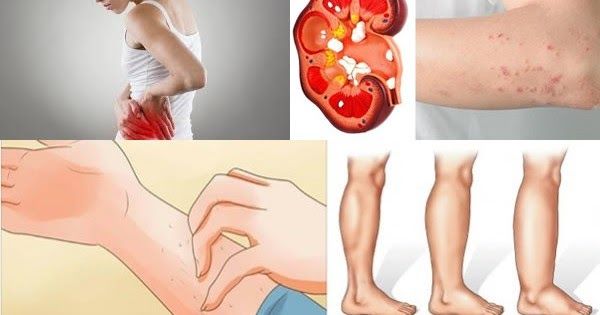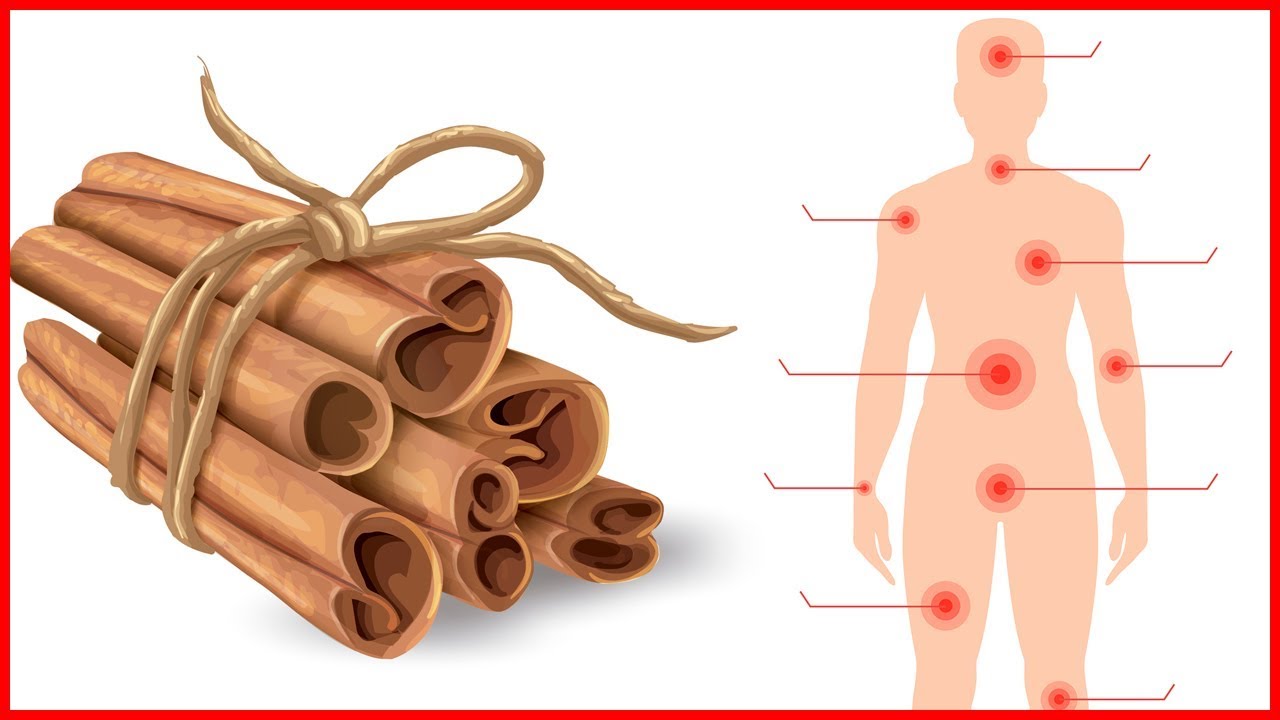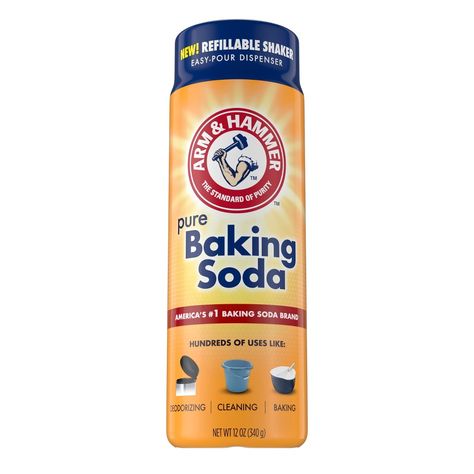
The kidneys play a vital role in keeping our bodies healthy and functioning properly. Located just below the rib cage, they are responsible for filtering 10-150 quarts of blood daily, eliminating waste and excess fluids from our bodies, regulating electrolyte levels, and maintaining healthy bones and blood pressure. When the kidneys are not functioning properly, it can have a significant impact on our overall health.
Here are some signs that could indicate kidney damage or failure. It’s important to be aware of these signs to recognize and prevent any potential problems:
1. Swellings
If the kidneys are unable to eliminate excess fluids as usual, it can result in swelling in various parts of the body, including the face, joints, and limbs.
2. Urination Changes
Pay attention to any changes in your urination patterns. Early signs of kidney trouble can include difficulty urinating, feeling pressure during the process, dark urine, urinating less frequently and in smaller amounts, pale color of urine, frequent urination in large amounts, foamy urine, and a frequent urge to urinate during the night.
3. Skin Rash
An accumulation of waste in the body due to kidney failure can lead to rashes and itching on the skin. The build-up of waste in the blood can make the skin appear unhealthy, dry, and irritated. While lotions and creams can provide some relief, addressing the underlying kidney problem is essential for long-term improvement.
4. Fatigue
Healthy kidneys produce a hormone called erythropoietin (EPO), which stimulates the production of red blood cells. These red blood cells carry oxygen to where it is needed in the body. When the kidneys are not functioning properly, the production of red blood cells decreases, leading to fatigue. This can impact both the brain and muscles and is also a sign of severe anemia.
5. Shortness of Breath
Shortness of breath can be a common problem, but it may also be linked to kidney damage. When the body lacks oxygen, it is often due to a low number of red blood cells that transport oxygen throughout the body. The accumulation of harmful toxins in the lungs can affect the production of these blood cells.
6. Metallic Taste in the Mouth
A build-up of waste in the blood can alter the taste of foods and even cause bad breath. If you notice a sudden and severe change in your taste for certain foods or experience a decrease in appetite, it could be a sign of kidney damage.
7. Pain
Pain in the upper back is another symptom that could indicate kidney problems. This area corresponds to the location of the kidneys and can be further aggravated by infections or kidney stones.
8. Poor Concentration and Dizziness
A decrease in oxygen flow to the brain is not only a sign of severe anemia but also kidney failure. This can affect focus, concentration, and memory, and may also cause dizziness.
It’s important to prioritize your kidney health by incorporating healthier foods into your diet and increasing your intake of antioxidants. By taking care of your kidneys, you can ensure that they function optimally and process waste efficiently.




